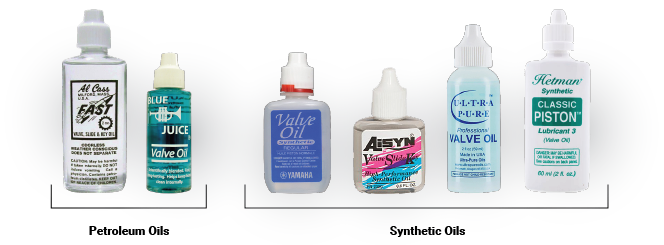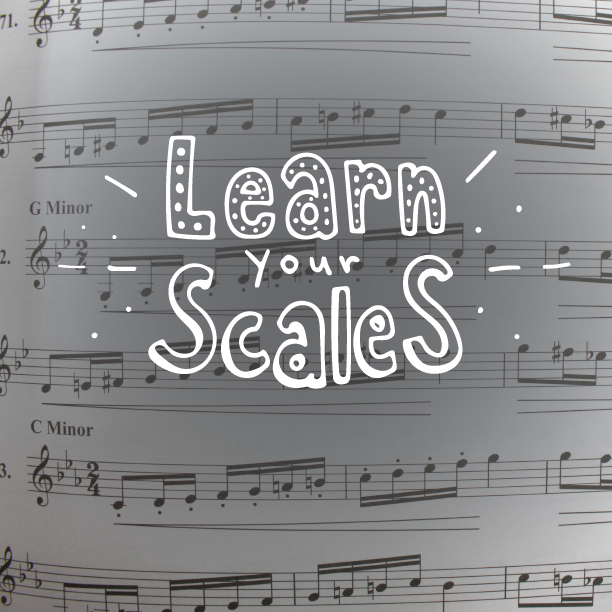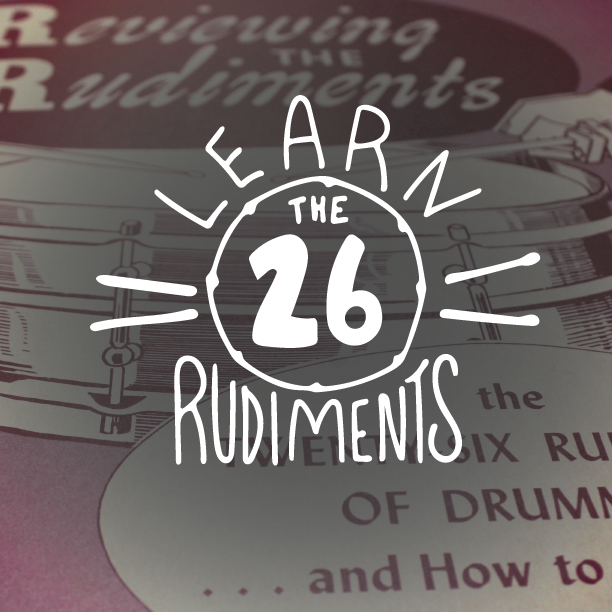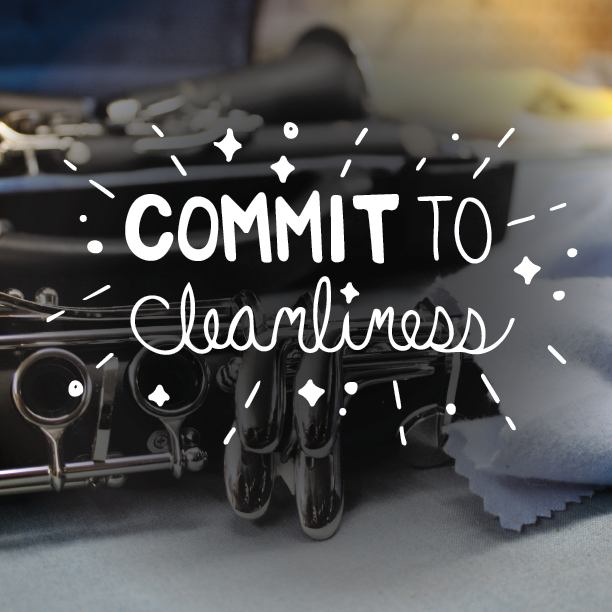Why You Should Clean Your Instrument
Mycobacterium is a germ which can survive inside your instrument if you do not clean it out regularly. By regularly, I mean once every 6 months or so. This type of bacteria thrives in the atmosphere that is inside your instrument, most commonly in brass instruments.
Mycobacterium can live in your instrument and take a quick trip into your lungs each time you play causing serious lung inflammation called hypersensitivity pneumonitis.
Hypersensitivity pneumonitis can can cause a "deep barking cough" says Scott Bean in a National Public Radio interview. Bean suffered from the severe inflammation for 15 years. In the National Public Radio interview he talked of his illness and how he and doctors discovered the cause. "I had a sore throat and the doctors thought I had asthma." He went on to say that the treatments he was given did not help his condition.
It wasn't until he took a vacation without his instrument that his condition began to improve. He began wondering whether the trombone could be the cause of his sickness. Being an instructor at the University of Connecticut, he asked the doctors at the university hospital to get involved. The university doctors swabbed the inside of his trombone, much like a doctor would swab a human throat checking for Strep. The lab results revealed mycobacterium. Treatment of the disease consists of high doses of antibiotics for many months.
Bean understands that many players do not clean their horn as often as they should, and now he has made it his mission to spread the word about cleaning your instrument.
Here at A&G, we can help with cleaning. Our shop has all the supplies you will need to clean your instrument, woodwind or brass.
The technicians in our shop can perform an ultrasonic cleaning on your brass or woodwind instrument. In this process, the instrument is taken completely apart, immersed in a tub of environmentally friendly cleaning solution and vibrated gently to remove any caked on residue which can build up over a period of months.
We encourage all of our brass rental customers to bring their instruments in twice a year for this cleaning.
Staying healthy is one of the best ways for you to become a star on your instrument.
Sources:
Orson, Diane. “Think Music Heals? Trombone Player Begs To Differ.” Web blog post. All Things Considered. NPR, 8 Sept. 2010. Web. 10 Jan. 2019.










